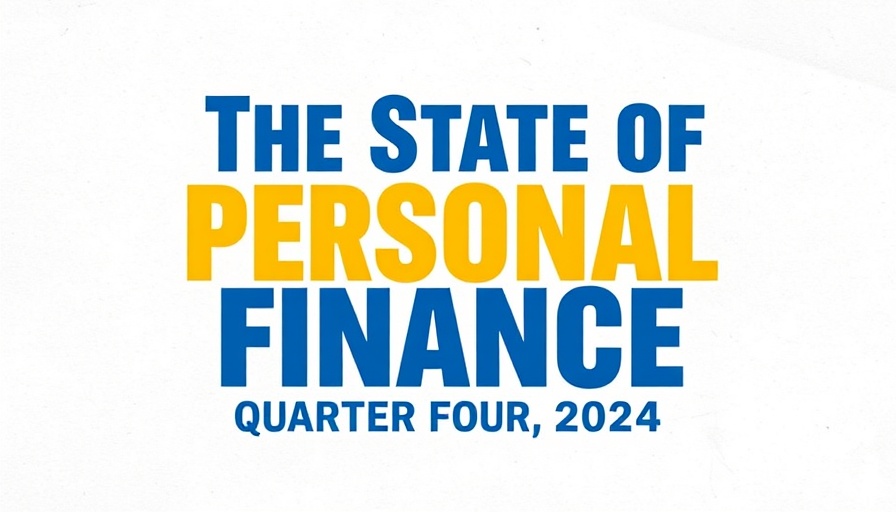
Understanding Budgeting: The Basics You Need
Budgeting isn’t just about cutting expenses and saving for a rainy day; it’s about empowerment and control over your finances. Creating a budget can feel like a daunting task, particularly for those new to the process, but with the right approach, it becomes a powerful tool in achieving your financial goals. Whether you're juggling a tight student budget, managing bills as a young professional, or planning for retirement, these budgeting tips are tailored to help everyone manage their money better.
1. Create a Zero-Based Budget
The cornerstone of effective budgeting is the zero-based budget. Before the month starts, allocate every dollar you earn to a specific expense category until your income minus expenses equals zero. This method is brilliant as it ensures you are in control, eliminates unnecessary spending, and reinforces the discipline of planning your finances ahead of time. Budgeting in this way not only keeps stray dollars from disappearing but encourages thoughtful allocation toward savings and urgent expenses.
2. Build a Team Approach to Budgeting
Budgeting doesn’t have to be a solitary activity. In fact, it can be much more effective when shared. If you're in a partnership, setting aside dedicated time each month to discuss finances is vital. It fosters an environment of accountability and teamwork. Don’t have a partner? Consider connecting with a friend or family member who understands your goals and can help motivate you. Remember, having a budget buddy helps maintain focus and makes the process more enjoyable.
3. Prioritize Essentials for Peace of Mind
To manage your money better, start with what matters most. Prioritizing essential expenses—like your Four Walls: food, utilities, shelter, and transportation—ensures that your primary needs are addressed first. This focus protects your financial stability and provides peace of mind, as you know that your foundational requirements are covered. After securing the essentials, you can branch out into budgeting for wants and savings endeavors.
4. Overestimate Your Expenses for Realism
A common pitfall in budgeting is the tendency to underestimate costs. For new budgeters, categories such as groceries and transport can turn out to be pricier than expected. To counter this, it’s wise to slightly inflate your expense estimates. This practicality enables you to face realistic spending scenarios and avoids the frustration of budget overruns. Over time, you’ll learn to refine your estimates better, but starting with a conservative approach gives you considerable leeway.
5. Embrace the Power of Tracking
One of the most effective ways to manage your finances is to regularly track your spending. Use budgeting software or mobile apps to monitor where your money goes. This method not only helps you stay accountable but also reveals patterns in wasteful spending. Once you see how money flows in and out, it becomes easier to pinpoint areas for improvement. An insightful observation might just lead you to discover exciting opportunities to save.
6. Consider Extra Income Opportunities
Finding ways to earn extra money can supercharge your budget. Side hustles—like freelance work, tutoring, or selling crafts—can supplement your primary income. The extra cash can either go directly into savings or fund personal projects, making your financial goals more attainable. Explore your passions and skills; you might find a rewarding side gig that aligns perfectly with your interests.
7. Save for Larger Purchases
Instead of resorting to credit, create a dedicated savings plan for that big purchase. Whether it’s for a vacation, new appliance, or home improvement, budgeting for larger expenses promotionally gives you time to explore your options. Establishing a sinking fund diminishes financial stress, ensuring you have the needed funds available when opportunity knocks.
8. Rethink the Role of Entertainment in Your Budget
Entertainment is a necessary escape, but you don’t have to break the bank to enjoy it. Utilize free local resources, plan inexpensive outings, or set aside a modest entertainment allocation each month. There are countless ways to have fun without overspending. Budgeting for leisure offers the dual benefit of financial discipline alongside fulfilling your social needs.
9. Regular Reviews: Your Budget is Not Set in Stone
Your financial situation isn’t static, and neither should your budget be. Set aside time every few months to review your budget and make adjustments. Maybe you landed a raise, or you’ve surprisingly cut spending in an area—stay flexible. Budgeting is an ongoing practice that requires regular checkpoints, and adapting as life changes helps keep you aligned with your goals.
10. Celebrate Financial Wins
As you progress in your budgeting journey, it’s important to recognize and celebrate milestones. Whether it's fully funding your emergency fund or reaching a savings goal for a vacation, celebrating these achievements reinforces positive financial behaviors. Giving yourself a reward—or even a simple acknowledgment—fuels motivation and reaffirms your commitment to better budgeting.
11. Finding Social Connection through Budgeting
Engaging with others who share your financial vision can create a support network that enhances your journey. Whether it’s joining local budgeting groups or participating in online communities, these connections provide encouragement, new ideas, and accountability.
12. Stay Informed and Evolve
Finally, keep yourself educated about personal finance. Read articles, attend workshops, and follow experts in the field. The more you learn, the more confident you become in managing your money. As you evolve with your knowledge, so does your ability to create robust budgeting strategies.
Conclusion: Step into Financial Empowerment
Remember, budgeting is more than just balancing your checkbook; it’s a pathway to financial empowerment. Implementing these budgeting tips can help you take charge of your money, leading to increased savings, reduced stress, and the ability to enjoy the things you love. Start small, stay consistent, and watch your financial landscape transform.
For more expert insights and budgeting tools, be sure to explore the resources available to help you achieve your financial goals.
 Add Row
Add Row  Add
Add 




Write A Comment